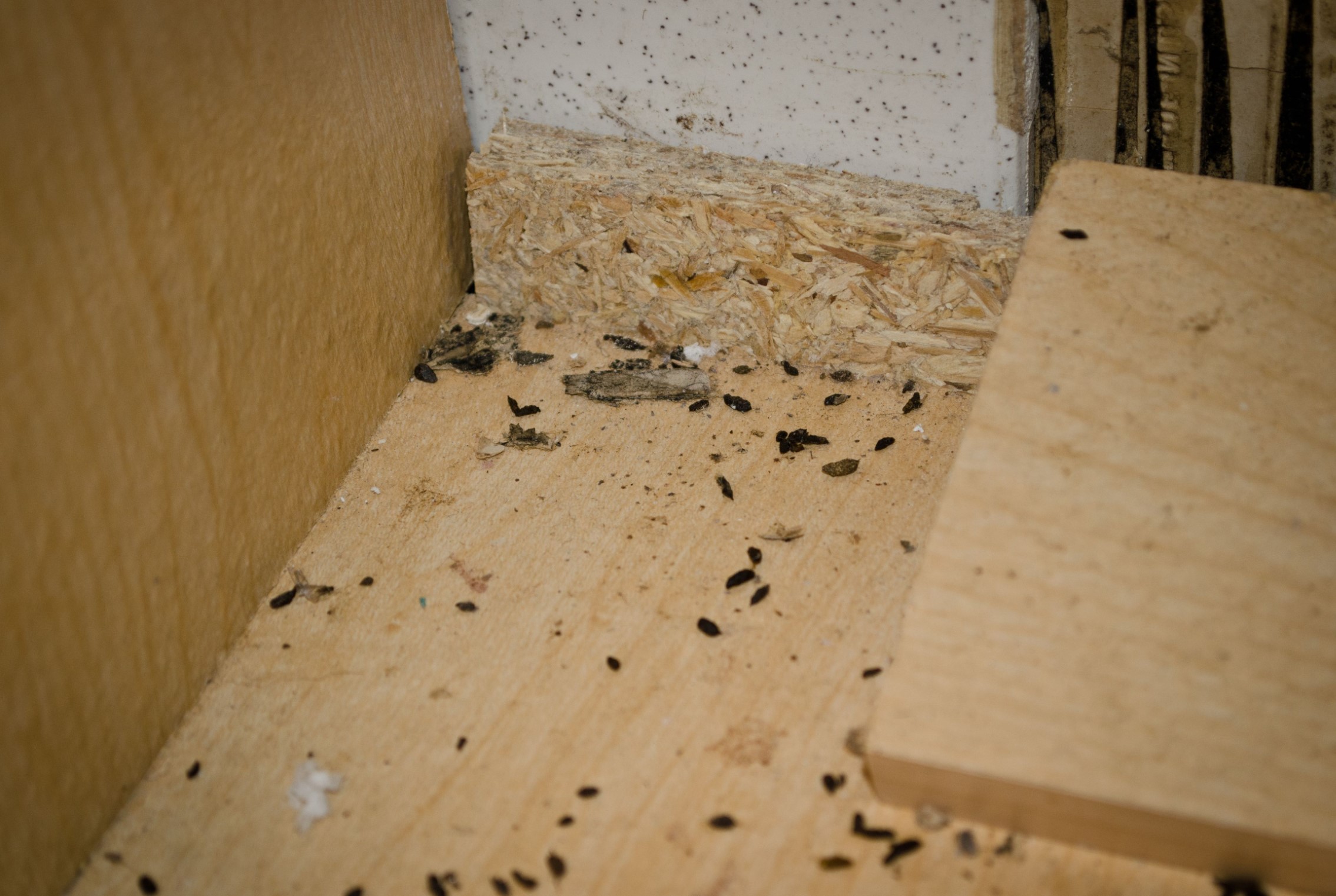
Any type of infestation in a property is unpleasant, such as insects or wasps, but where vermin is concerned this can become seriously damaging, to yourself as a tenant and to the property itself.
It is therefore important that any infestation of rodents is reported to your landlord immediately, but whose responsibility it is to deal with the infestation is not so straightforward.
Fundamentally, your landlord has a duty to ensure the property you are renting off them is fit to live in. This applies from the day the tenancy begins and for the entirety of the tenancy period. However, infestations can be quite common in rented properties, even if the property is generally well looked after, so the cause of the infestation is the main factor in who is liable for dealing with it and therefore whose responsibility it is.
Why are rodent infestations a problem?
An infestation of rodents is unpleasant at any time. It can scare young children, and indeed, many adults are also unsettled by the presence of rodents, particularly in or around their own home. This is because rodents carry diseases and can contaminate things that they touch around the home. Rodents are also generally nocturnal, so you may not even see them. Signs that you have a rodent problem in the property may include:
- A sharp, acidic smell
- Evidence of droppings on the floor
- Holes in the carpet or in floorboards
- Chewed wires or cables
- Scratching or scurrying sounds
If you see or hear signs such as these around the home, you should report the issue to your landlord immediately, not only because they may be liable for dealing with the issue, but also because it can be evidence of a much bigger problem. Rodents typically seek warmth, and they can access the property because of a problem elsewhere, so this could be an issue with broken roof tiles, broken vents, holes in the wall, rotten window frames, or damaged drains. In some cases these issues may not be detectable or visible, particularly if the property has a cellar. However, if a visible repair issue has emerged, the landlord is responsible for dealing with it, but only once you have brought it to their attention.
Who is responsible for dealing with a rodent infestation?
In simple terms, if a rodent infestation is the result of a repair issue such as those listed above, then the landlord is liable for dealing with the infestation, and the repair issue. You should report any repair issue as soon as possible, because if left it can deteriorate and lead to other issues such as an infestation. The landlord can claim they are not liable for the infestation if they were not made aware of the repair issue which has subsequently got worse. In some cases a tenancy agreement may expressly state that the landlord is responsible for dealing with infestations, however they are caused.
If the infestation is caused by an issue you the tenant have caused, then you are responsible for dealing with the issue, so this could be uncovered bins outside, food left outside, excessive rubbish piling up outside, pet droppings left outside or internal damage you have caused which enables an infestation to access the property. In all these cases the landlord can argue that you are liable for the issue. They may agree to deal with the problem for you, but you would have to pay for it. If there is any doubt about who is responsible, you should consider contacting an environmental health officer who can visit the property to identify the cause of the infestation, and therefore who is responsible for it.
What to do if you uncover a rodent infestation
You should immediately report a rodent infestation to your landlord. They may opt to send in pest control immediately to deal with the issue, before identifying the cause and liability. If the landlord is liable for the infestation and doesn’t react to it, or carry out the repair that has caused the infestation, you may be able to make a housing disrepair claim. This enables you to seek compensation for the difficulties faced in living with the problem, damage it has done to your belongings or any costs you have incurred directly relating to the infestation.
In all cases you should report an infestation and any related repair issues to your landlord immediately, and from that point take photos and keep records as evidence to show how the issue has deteriorated. This will help your case if the landlord doesn’t react and you have grounds to make a housing disrepair claim. If you think this apples to you, contact Legal HD, the housing disrepair claim specialists.


